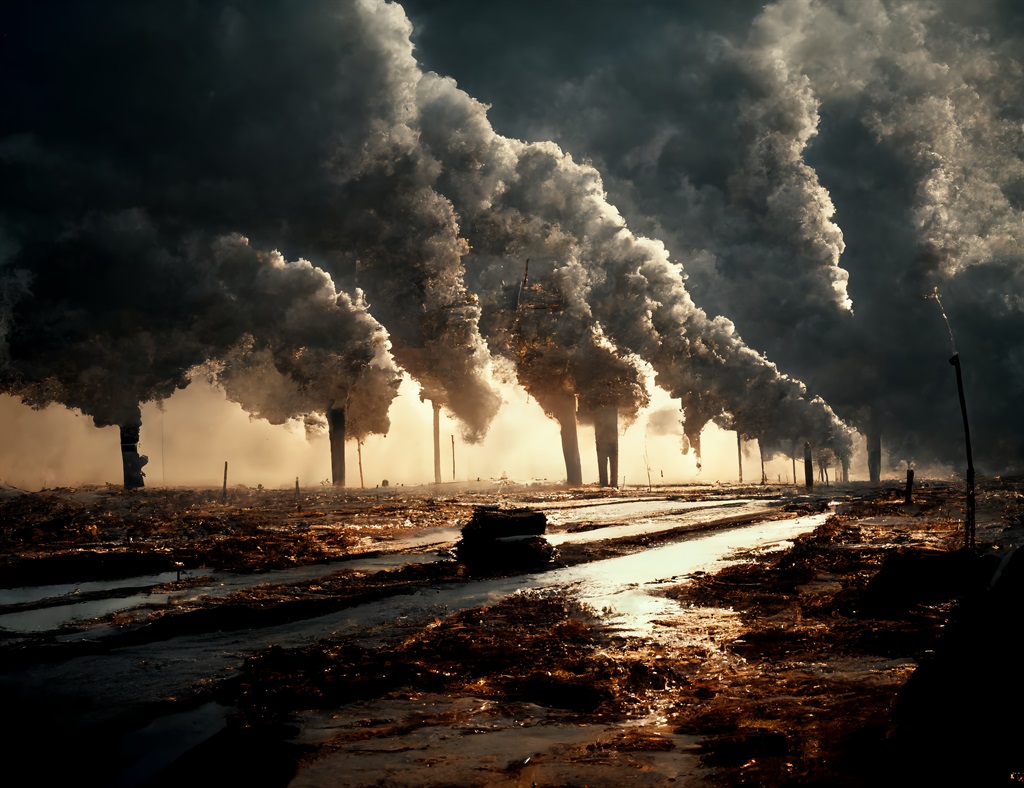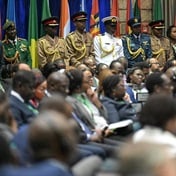
- Nearly 200 countries meeting at this year's United Nations COP28 climate change summit are taking part in a a process called the "global stocktake".
- The check-in is expected to be politically divisive, and could set the stage for the next few years of global action to slash the greenhouse gas emissions causing climate change.
- Countries are obliged to submit new national emissions-cutting targets to the U.N. in 2025, so Friday's review could tell countries what to include in those goals.
Nearly 200 countries meeting at this year's United Nations COP28 climate change summit will assess just how far off track they are from meeting promises to stop global warming as part of a process called the "global stocktake".
The global check-in on what countries have done, so far, to prevent more disastrous climate change - is scheduled to be released on Friday.
It is expected to be politically divisive, and could set the stage for the next few years of global action to slash the greenhouse gas emissions causing climate change.
Here is what you need to know.
Why have a stocktake?
Nearly 200 countries agreed under the 2015 Paris Agreement to limit global warming to 2 degrees Celsius above preindustrial times, and aim for 1.5 C - the limit scientists say would avoid the most severe and irreversible climate change impacts.
Each country is responsible for setting its own national targets and policies, to contribute towards the Paris Agreement's overall goals.
So to check in on what countries are doing, the Paris Agreement said countries should check progress in 2023, and every five years after that.
READ | SA wants $8.5bn climate plan wrapped up by COP28
This assessment should then guide countries to set new, more ambitious climate policies and funding for clean energy, to get closer to the 1.5 C goal.
Countries are obliged to submit new national emissions-cutting targets to the U.N. in 2025, so Friday's review could tell countries what to include in those goals - for example, making clear that CO2-cutting targets should cover a country's entire economy, not just certain sectors.
Not on track
Countries already know what the global stocktake will say: they are not on track.
Despite a huge increase in the number of countries setting CO2-cutting targets since the Paris Agreement, governments' existing pledges would fail to stop global temperatures blowing past 1.5 C of warming, and would likely put the world on track to warm by 2.5 C, according to the United Nations.
The world is already 1.2 C warmer than in pre-industrial times, a temperature increase that is unleashing deadly heat, wildfires and devastating drought and floods around the world.
What next?
Already, countries are squabbling over how the stocktake should push them to cut planet-heating emissions faster.
The United Arab Emirates' president of the conference, Sultan al-Jaber, has said the exercise must not only identify where climate action is missing, but also produce a plan to get countries on track.
READ | World losing race to meet climate goals, COP28 president says
A draft of the European Union's negotiating position for COP28, seen by Reuters, said the 27-country bloc wants the stocktake to produce "concrete recommendations" on actions countries should take.
Not all nations agree. Diplomats say some developing countries have indicated in recent U.N. climate talks that the stocktake should focus on pressuring wealthy nations to step up.
It is also not clear if it will cover how to raise more cash to invest in cutting CO2 emissions, or suggest which clean technologies should receive such funding as a priority.
Another question is whether it will single out certain sectors, such as energy, or heavy industry, with specific recommendations, a move likely to prove contentious with countries whose economies rely on these industries.




 Publications
Publications
 Partners
Partners























